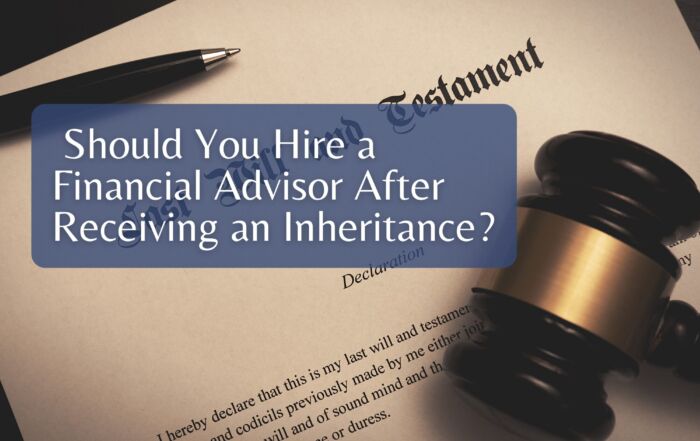Charitable Remainder Trust Pros and Cons

What is a Charitable Remainder Trust (CRT)?
A Charitable Remainder Trust (CRT) is an irrevocable trust designed to provide donors with income from donated assets while ultimately benefiting a charity. A CRT can provide income to the donor and beneficiaries for their lifetime or for a specified period (maximum of 20 years). Any remaining assets in the trust are distributed to the charity(ies) selected by the donor. This structure is an excellent option for those who want to reduce estate taxes, support a charity, receive a charitable income tax deduction now, avoid or eliminate capital gains on appreciated securities, and allow the investments to grow tax-free (within the trust), all while receiving annual income payments.
Pros of Using a Charitable Remainder Trust
A CRT allows the donor or beneficiaries to receive an income stream while benefiting charity and serves as a solid tax strategy. Here are some key benefits:
- Immediate Tax Deduction: You may receive a charitable income tax deduction when you fund the trust.
- Capital Gains Avoidance: Contributing appreciated securities or property to the CRT allows you to avoid capital gains taxes, as the CRT is exempt from tax.
- Estate Tax Reduction: Once the asset is in the CRT, it is out of your estate. Therefore, it can be used for income to beneficiaries and grow estate tax-free for the charity.
- Investment Diversification: CRTs are particularly beneficial for securities that have highly appreciated in value or where you have concentrated positions, allowing for tax-efficient diversification.
Cons of Using a CRT
Despite its benefits, a CRT also comes with certain drawbacks that should be carefully considered:
- Irrevocability: One of the largest cons is that the trust is irrevocable. Once it is funded, it cannot be undone, even if your financial situation changes. Ensure that both the donor and beneficiaries have sufficient assets and income to last their lifetimes before making this financial commitment.
- Lack of Income Adjustment: The income from the CRT does not have a cost of living adjustment. For a Charitable Remainder Unitrust (CRUT), the income is usually a fixed percentage (between 5%-50%) paid out each year based on the value of the assets at the beginning of the year. For a Charitable Remainder Annuity Trust (CRAT), the payment is fixed each year based on the initial trust value, meaning you cannot receive a higher income amount each year based on need.
- Limited Family Benefit: This structure is not ideal if your goal is to leave money to your family. It’s better suited for those who want to provide income to beneficiaries with the remainder going to charity.
A Charitable Remainder Trust can be a powerful tool for charitable giving and tax planning, but it is crucial to work with professionals to thoroughly evaluate this option before and after if you decide to move forward. You want to ensure that it aligns with your financial goals, especially considering its irrevocable nature and the fixed nature of income distributions.
Have questions? Feel free to contact us.
Shawna Theriault, CFP®, CPA, CDFA®
Senior Financial Advisor, Wiser Wealth Management
Share This Story, Choose Your Platform!
Wiser Wealth Management, Inc (“Wiser Wealth”) is a registered investment adviser with the U.S. Securities and Exchange Commission (SEC). As a registered investment adviser, Wiser Wealth and its employees are subject to various rules, filings, and requirements. You can visit the SEC’s website here to obtain further information on our firm or investment adviser’s registration.
Wiser Wealth’s website provides general information regarding our business along with access to additional investment related information, various financial calculators, and external / third party links. Material presented on this website is believed to be from reliable sources and is meant for informational purposes only. Wiser Wealth does not endorse or accept responsibility for the content of any third-party website and is not affiliated with any third-party website or social media page. Wiser Wealth does not expressly or implicitly adopt or endorse any of the expressions, opinions or content posted by third party websites or on social media pages. While Wiser Wealth uses reasonable efforts to obtain information from sources it believes to be reliable, we make no representation that the information or opinions contained in our publications are accurate, reliable, or complete.
To the extent that you utilize any financial calculators or links in our website, you acknowledge and understand that the information provided to you should not be construed as personal investment advice from Wiser Wealth or any of its investment professionals. Advice provided by Wiser Wealth is given only within the context of our contractual agreement with the client. Wiser Wealth does not offer legal, accounting or tax advice. Consult your own attorney, accountant, and other professionals for these services.





